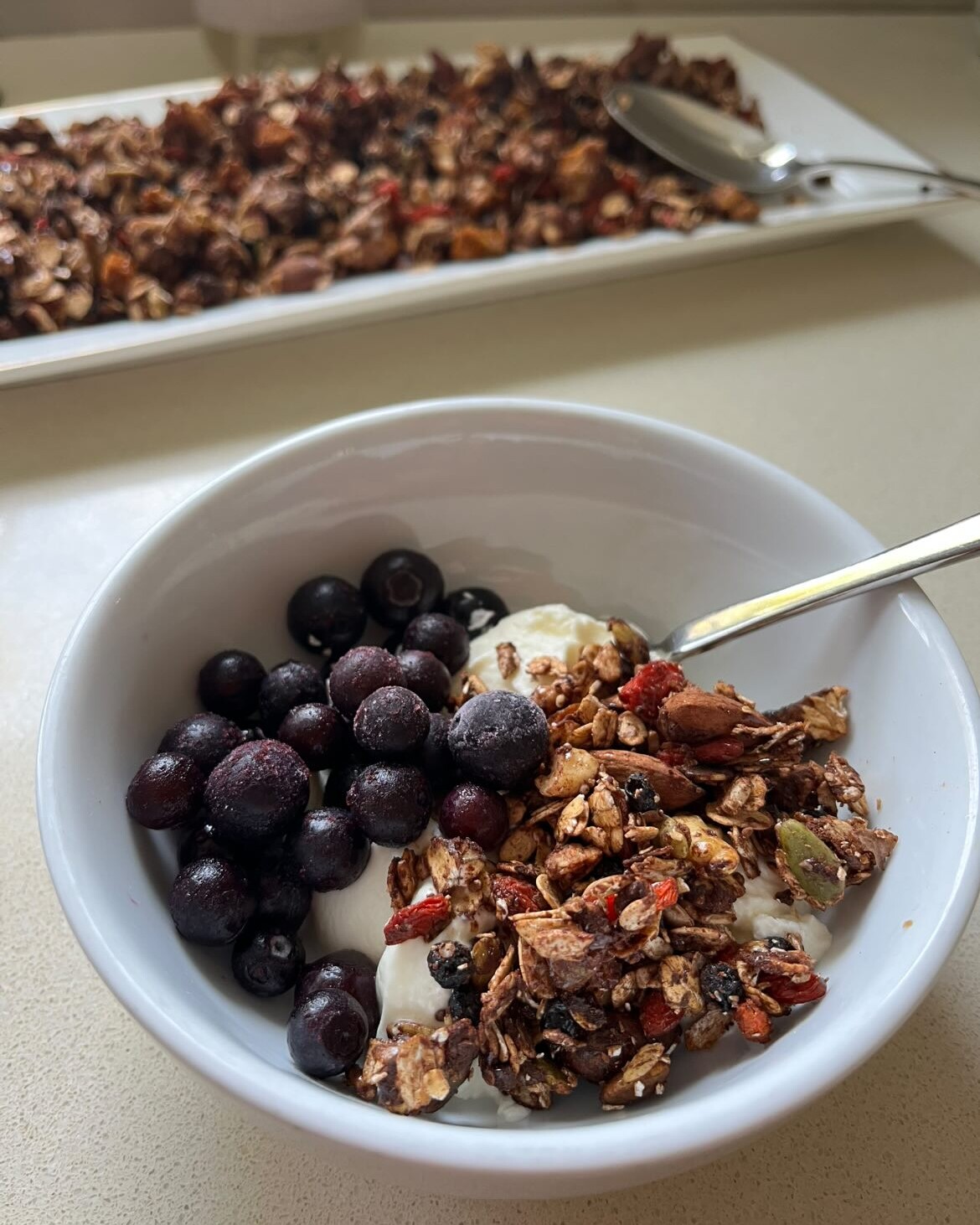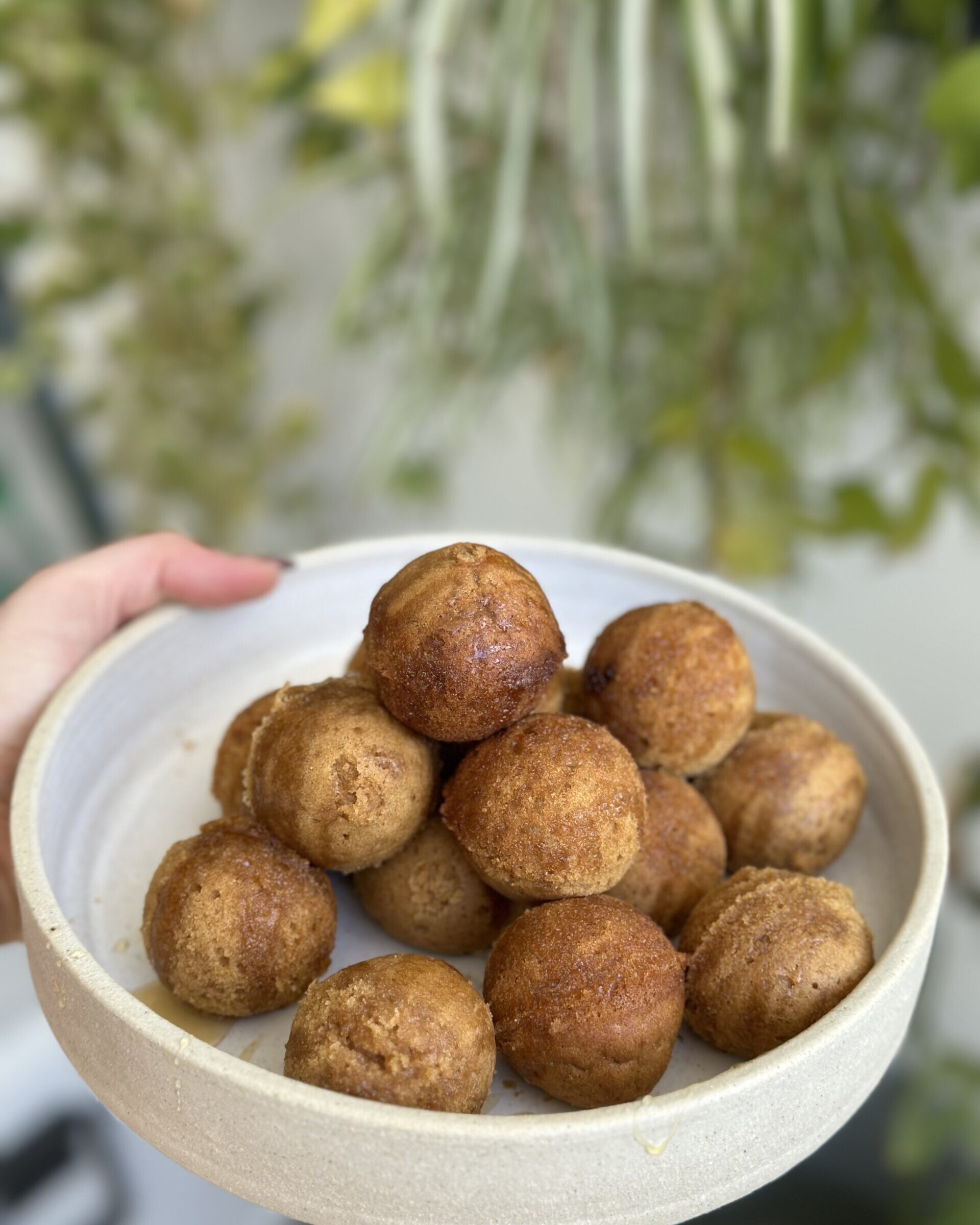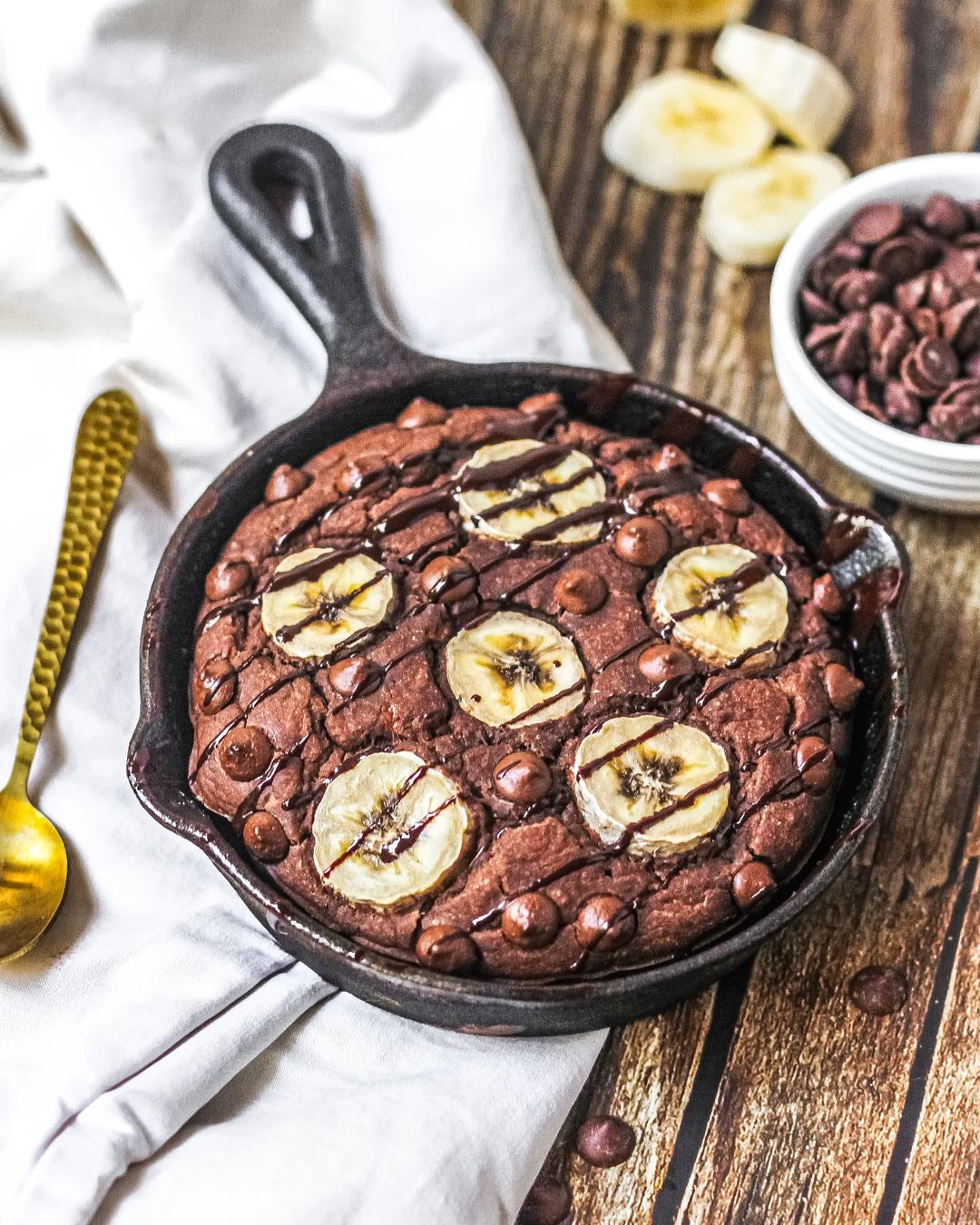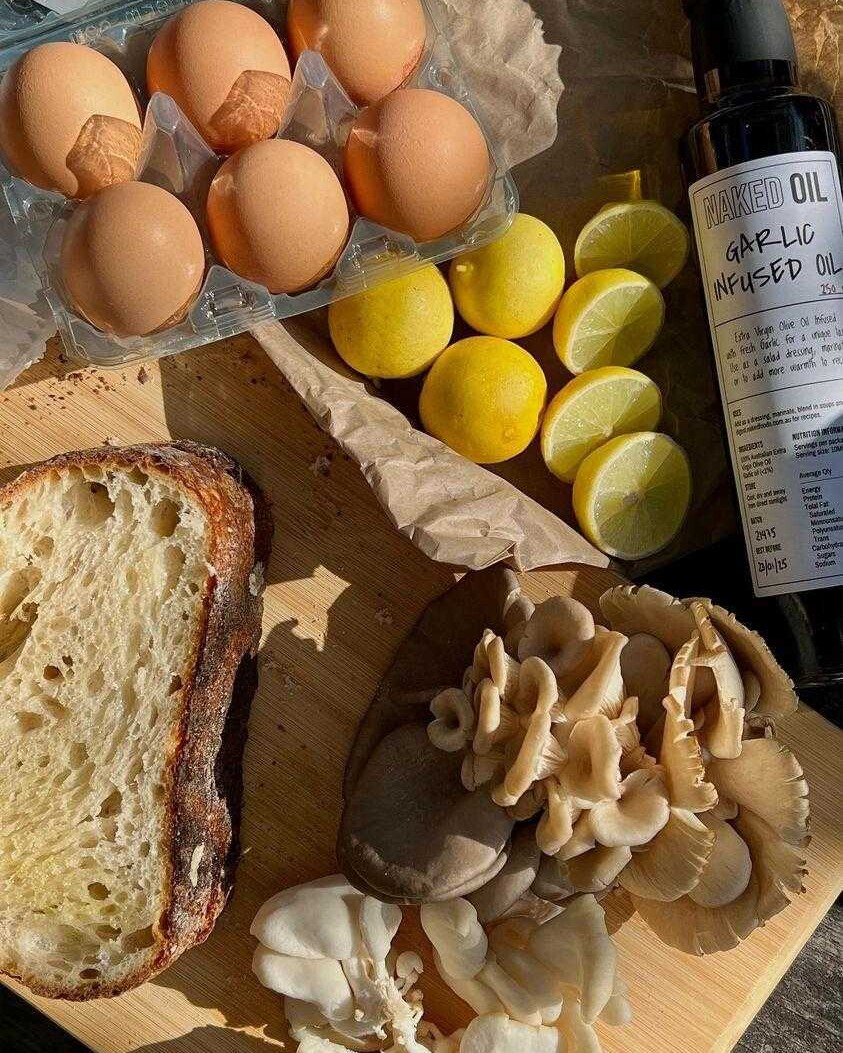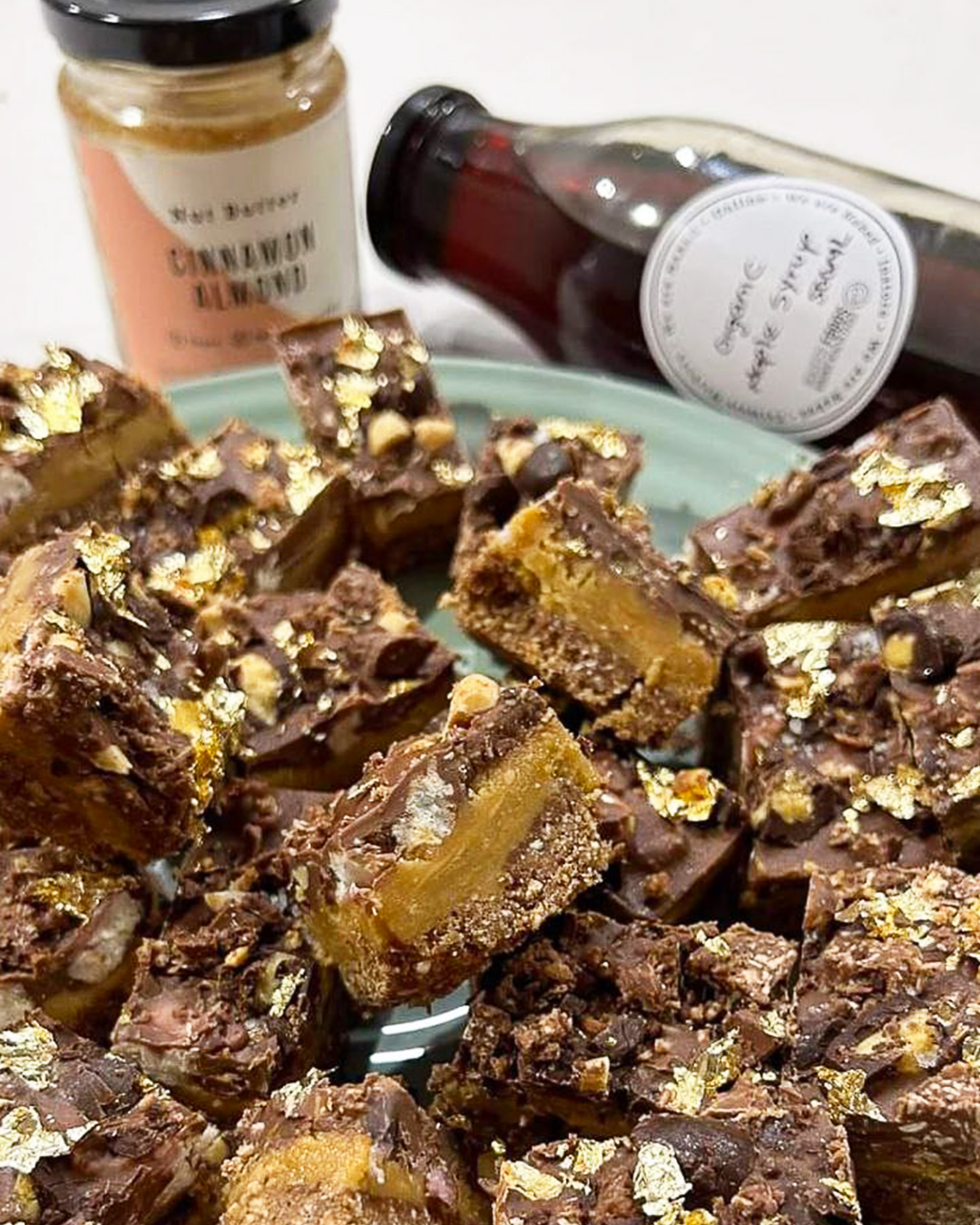What makes a day richer? Is it rising early, exercising and setting goals? While these habits are great productivity practices (that you’ve most probably heard a thousand times), we want to talk about the small details that you can add to make your days richer, more enjoyable, and less of a blur.
Take your daily commute, for example.
The time spent here is rarely optional, or meaningful – but can it be? The trick is to transform moments of limbo, of “lost time”, into something that adds a layer to our day, value to your life. Too often we crash, exhausted, in bed after a long day at work, a rushed dinner in front of the TV, not really having done anything that memorable.
A friend once asked, astonished, how one managed to work longer hours than her, and yet still find the time to read, paint, meditate, go clubbing, exercise, watch movies, and show up every day with a home cooked meal for lunch.The thing is – everyone has the same amount of time, how you spend it determines if you’ve had a boring day, or a good one.

Enriching your day won’t necessarily look the same for everyone. For most, however, learning, along with exercising and socialising, are three of the most important pillars that impact happiness. Here are our top tips to enhance those.
- Be mindful of your time online. In our busy lives, even 20 minutes is so valuable… and yet so quickly wasted on Instagram or Facebook. Try the app “Stay focused” to block your access to apps after a set amount of time. You can also go into your phone’s battery settings to check how much time you’ve been spending scrolling (over 2 hours per day for Australian adults!).
- Multitask. Listen to a podcast while tidying the apartment, put a movie on while you do a big cook up, call your mum while you’re ironing. Evening cooking can be made into an activity (rather than a chore) by getting the kids or partner involved or trying a new recipe.
- And… Don’t Multitask! A Stanford University study showed that heavy multitaskers are usually worse at completing tasks overall. If you’re trying to write an important email or finish a work task, give it the attention it needs to achieve it quickly and effectively: The OHIO method (Only Handle It Once) outlined by Bob Pozen in Extreme Productivity is all about that- and worth reading more about.
- Have a book wherever you go. The moment you hop onto a train or bus, pause your music and start reading. Getting through even just a few pages will take you elsewhere. As George R.R. Martin wisely said: “A reader lives a thousand lives before he dies. The man who never reads lives only once.” Some great books are; The chemistry between us (L.Young, B.Alexander), Normal people (Sally Rooney), Why we sleep (Matt Walker), All I Know About Love (Dolly Alberton), The year of living Danishly (Helen Russell). If you walk or drive to work, perhaps an audiobook or podcast is a better idea. There’s some great options on Spotify or iTunes, such as The Healthcode by Sarah’s Day.
- Schedule in time for yourself. As important as a meeting or a doctor appointment, taking a bit time out of the week to just be by for yourself is so important. Go for a walk in a new neighbourhood, get a pastry from your favourite cafe, go see a movie.
- Learn a new skill. Whether it be boxing, pottery, watercolour painting, playing guitar or speaking Spanish, learning (at any age) enhances your brain plasticity, preventing the onset of neurodegenerative diseases… Not to mention is also a good topic of conversation for your next date or dinner party!
- Get moving! Physical activity has also been shown to have a massive impact on adult neurogenesis (the creation of new neurons), and therefore mental health.15 minutes of stretching or walking in the morning can help you ease yourself into the busy day ahead, and have a massive impact on your energy levels and mood.
- Schedule time with your loved ones. “Organised fun” or scheduled dinners may not sound very appealing, but it’s a great way to make sure you spend quality time with your partner, friends or family. For example, every Wednesday night can be date night with your partner or best friend, and Sunday mornings can be reserved for pancakes with family.
- Create traditions. Whether it be homemade pizzas on Fridays, weekly dog walks with a friend or a family birthday cake recipe – having rituals adds definition to your week and reinforces connections.
- Celebrate your wins. However small they may be, take time every day to go over what made it a good day: whether it be telling a friend, writing it down or thinking about it in the shower before bed, it’ll help realise what you actually did. Take a moment every day to reflect on the best things that happened today (It could be patting a dog, giving a hug or nailing an important meeting) and on the things you are grateful for (big and small).
These tips may seem pretty obvious, and maybe you already do a good number of them. But overall, the best advice is to not just live for the weekend, but instead
make the most of those weekdays… and take the time to stop and smell the roses.
Resources
-
The dark side of smartphone usage: Psychological traits, compulsive behavior and technostress
-
Experience-dependent structural plasticity in the adult human brain
-
Multitasking Damages Your Brain And Career, New Studies Suggest


